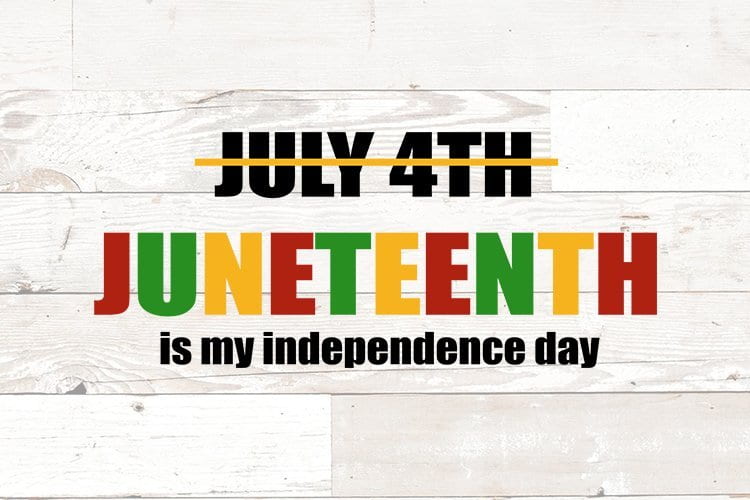
Juneteenth has been historically celebrated by many Americans since the late 1860s, yet it is only recently that it has become mainstream. Today we focus on why that is, what Juneteenth celebrates, and how we can do a better job incorporating this holiday into our lives. Although it has been around for so long, Juneteenth was only recognized as a federal holiday on June 19th, 2021, following the summer protests of the Black Lives Matter movement in response to the brutality experienced by George Floyd at the hands of the law enforcement system. June 19th, or Juneteenth as it is known widely by those who have celebrated it since its founding, is the day we commemorate the abolition of slavery in America, freeing enslaved African Americans through the passage of the Emancipation Proclamation and the Thirteenth Amendment.
History of Juneteenth, The Emancipation Proclamation, and The Thirteenth Amendment
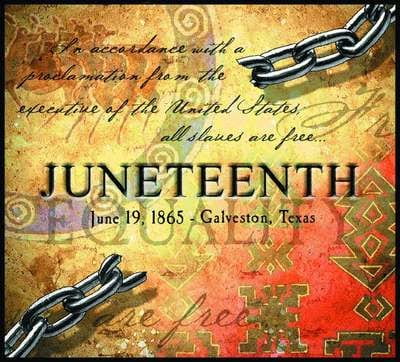
The Civil War was one of the bloodiest wars that Americans have ever fought, and it lasted four long years. The war was between the Union, which was made up of much of the northern states above the Mason-Dixon Line, and anyone below that line seceded from the main country and swore loyalty to the Confederacy. The Mason-Dixon line, which was passed in 1861, was designed to be a compromise that allowed Southern states to continue to use slave labor in the South in their fields and farms, while the Northern states were moving to abolish slavery within their boundaries. While the North depended on their seaports and industries, the South primarily produced the cash crops like cotton, rice, and indigo, that were being shipped across the oceans and transported by railroads across the lands. There were a few border states in the middle that did not want to give up slavery in their states. Lincoln, recognizing that he needed those states in the Union to have a chance to win the Civil War, permitted them to continue to use slavery while being a part of the Union.
In an attempt to change the course of the Civil War and keep the nation from breaking into two parts, President Abraham Lincoln wanted to weaken the Confederate forces so the Union forces could be victorious. This, he assumed, could be done by targeting the Confederacy’s economy and economic infrastructure, which at that time, was primarily dependent on slave labor. President Lincoln issued the Emancipation Proclamation in 1863 as an executive order, freeing all the enslaved individuals in all Confederate states that did not yield to the Union troops. With the passage of this document, the South could no longer rely on unpaid labor, leaving them in financial turmoil and giving them no other option but to surrender to the Union troops. The document is largely believed to have abolished slavery entirely in America, but the reality is that this was a political move during a war by the President to ensure that the Southern economy would be devastated. This proclamation did not include the border states which were already part of the Union but were employing slavery in their states. This meant that the enslaved individuals in those border states continued to be enslaved. This proclamation also excluded those who lived in the southern states which had already surrendered to the Union, meaning that those who did not rebel against the Union were allowed to continue to use slavery as their economic system. What the Proclamation did, however, was transform the morality and cause for fighting the Civil War. The Civil War began over the question of whether slavery should exist or not, with the Vice President of the Confederacy delivering a speech declaring the sole purpose of secession to be the disagreement on slavery between the Union and the Confederacy. However, to President Lincoln, being victorious meant keeping the nation intact, and the abolition of slavery was an aftermath. Once the Proclamation was passed, many Americans were convinced that the war was being fought for the abolition of slavery in its entirety in the United States. The Proclamation even gave way for newly freed African Americans to join the Union army and help liberate their brothers and sisters in the Confederate states.
While the Union’s victory was generally a good thing for the progress of America toward equality among all people as it was first outlined in the Constitution, the Emancipation Proclamation was not the document to achieve this goal. Although it changed the trajectory of the Civil War, transforming the initial cause to keep the nation united, into a moral cause of abolishing slavery, it was not until the Thirteenth Amendment was passed that slavery was truly abolished in all the states of the nation. This Amendment, which had followed the proper channels of the Legislative branch, was passed right after the Civil War ended, and right before the rebellious states were admitted back into the Union. On December 6, 1865, the Thirteenth Amendment was officially ratified into the Constitution of the United States. Along with the Thirteenth Amendment, the passage of the Fourteenth Amendment, which granted citizenship to all formerly enslaved individuals, and the Fifteenth Amendment, which granted suffrage rights to African American men, altogether addressed the Civil War’s conflicts, providing a final Constitutional solution to the issue of slavery in America.
So, where does the term “Juneteenth” come from? Although the Emancipation Proclamation had passed in 1863 and the Thirteenth Amendment had passed in 1864, it was not until two months after the Civil War had ended, that many of the enslaved individuals in most Southern states had been made aware of their free status. On June 19th, 1865, two thousand Union soldiers arrived in Galveston, Texas to announce the freedom of all who were enslaved there, and the newly freed African Americans coined the term “Juneteenth” to commemorate the day they received independence and could be truly free.
The Continued Struggle for Freedom and Equality
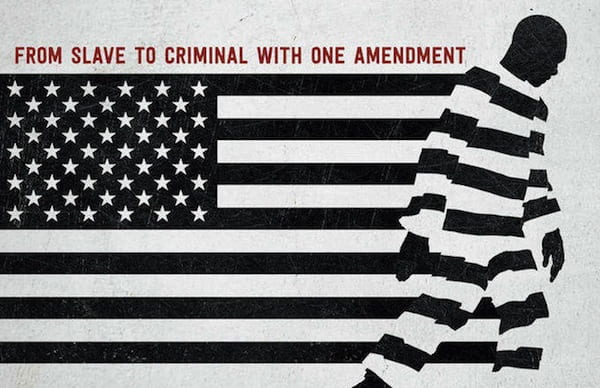
The end of the Civil War, the passage of the Emancipation Proclamation, and the Thirteenth, Fourteenth, and Fifteenth Amendments, were supposed to be the official end to slavery in America, but many scholars have pointed out that slavery only transformed into a modified system. These scholars highlight issues with the wording of the Thirteenth Amendment, which states that “Neither slavery nor involuntary servitude, except as a punishment for crime whereof the party shall have been duly convicted, shall exist within the United States, or any place subject to their jurisdiction.” The amendment abolished slavery in all instances, except as a punishment for crimes, and the Reconstruction Era, which followed the end of the Civil War, took advantage of the loophole in the Thirteenth Amendment. In the 1890s, legalized segregation became the new normal. The South had faced a lot of loss, both to its infrastructure as a result of the war, as well as its economy (primarily held up by slavery), due to the freeing of their enslaved laborers. Additionally, many white southerners also were not ready to accept the newly freed African Americans, who they did not view as equals.
The infamous Jim Crow laws were proposed as a solution to all of the White Southerners’ problems with the outcome of the war. These laws were made to criminalize as many newly freed individuals as possible, to re-enslave them in the prison systems, and force them to help rebuild the nation, as they had once done under slavery following the Revolutionary War. The Jim Crow laws criminalized such things as being unemployed, not bowing to white people while walking on the streets, drinking from a “Whites Only” water fountain, and many other harmless, everyday actions that displeased any white residents of the area. Many times, lies were told about African Americans simply to land them in prisons and put them to work. These laws were designed to be a criminalization of blackness.

This was also the time when Convict Leasing systems began, where imprisoned individuals would be leased to businesses and the state to work as laborers for whatever positions they needed to be filled. This could be working on farmlands, working with heavy machinery, or even in coal mines. Our own Sloss Furnaces, the famous Steel and Iron plant that transformed Birmingham from a small town into the large city it is today, made use of Convict Leasing as well. To read more about the history of the prison systems in America and in Birmingham, as well as details about the convict leasing programs, click here.
The exception in the Thirteenth Amendment has today led America to have the highest rate of mass incarceration in the world and has given way to the Prison Industrial Complex. America houses only about 5% of the world’s population, yet the mass incarceration rate is so large that 20% of the world’s prison population is made up of Americans alone. This is not only unjust, costly, and inefficient, it also shares its roots in the racist history of America’s founding. Many of those who end up in prison are disproportionately people of color, which speaks to the systemic racism present within our institutions. What’s worse, many of the people held in local jails have not even been charged with any crimes. They are awaiting their trial, too poor to post the high bail amounts. Still, others have lived out sentences for crimes they have never committed. This atrocious list goes on and on with injustices, yet a simple solution is to cut down on our incarceration rates. One reason why this is more than an issue of criminality can be determined by looking at the Angola Prison in Louisiana, a plantation farm that operates as a state penitentiary, with their prisoners in chains (like enslaved individuals of the past), officers on horseback (like overseers on the plantations), and the farmland that they are expected to till, harvest and package food for the rest of the community. Until white supremacy and racist ideology continue to exist in America, so too will these unjust forms of oppression, clouded by the legal cover provided to them by the justice system.
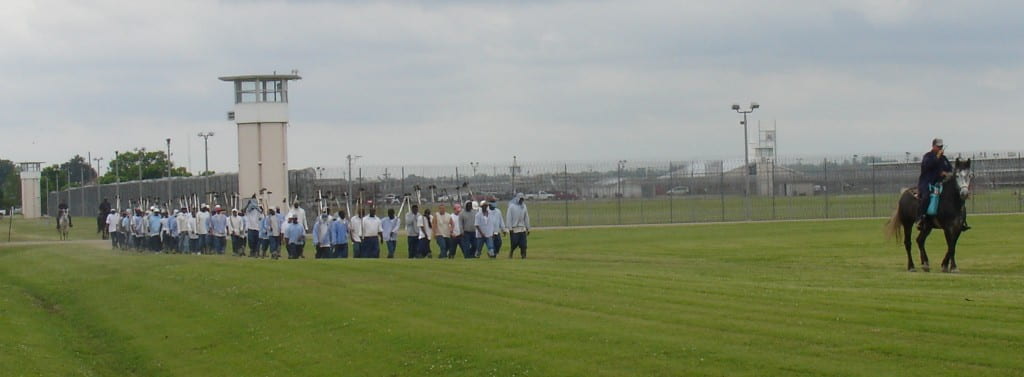
These facts are bleak but necessary for everyone to understand, so as to be conscious of the continued struggle for true equality in this country for African Americans, and others who have dealt with oppression throughout the history of this nation. Many people think that slavery died following the Civil War, or that it was “more than 200 years ago, so what can we do about it?” Yet, the reality remains that slavery never died, but only transformed into a modern, industrialized version of the same system, which now incorporates a wider umbrella of people to oppress. Juneteenth is not only a celebration of the resistance, courage, and triumphs over oppression by people of our past, but also a day to come together and address the new forms of oppression we face in society today. It is a continuation of the legacy of freedom, equality, and justice started by those before us.
Importance of Juneteenth
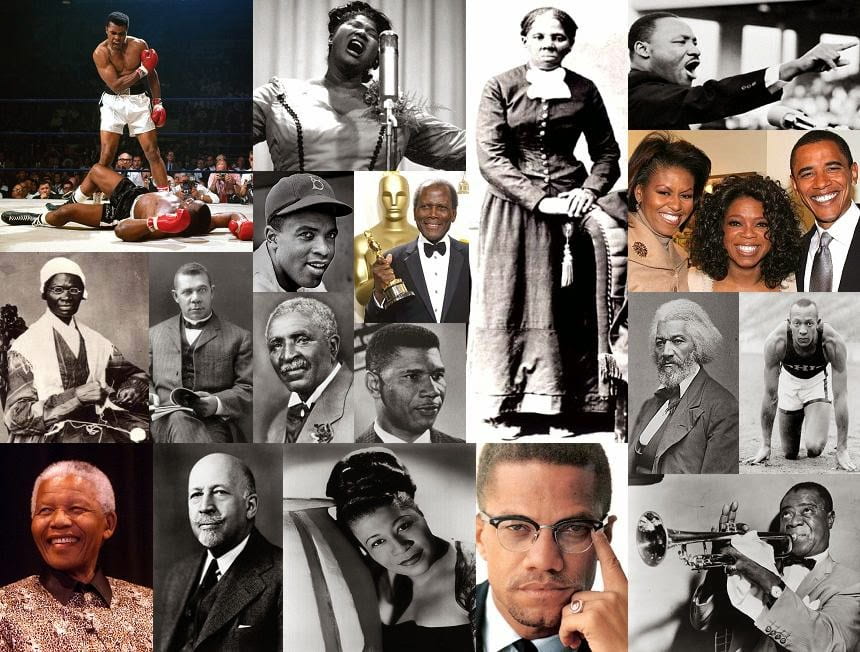
Juneteenth was officially recognized as a holiday in Texas, which was the first state to do so in 1979. It has recently been recognized as a federal holiday since 2021 after President Joe Biden signed the Juneteenth National Independence Day Act. Juneteenth is a day to celebrate the shared history of African Americans, but also the progress towards peace, freedom, equality, and justice. Fredrick Douglass, a famous orator, author, and abolitionist, in 1852, had famously asked his audience in a speech he delivered on July 4th, what Independence Day meant for those who were enslaved in America. Juneteenth is the true Independence Day for many people who recognize the hypocrisy of the Founding Fathers, who fought the Revolutionary War for “freedom” while enslaving African Americans and stealing lands from the Native Americans. Juneteenth is a time for the rejuvenation of culture among a group of people whose cultures were stolen from them, and all that they were left behind with are their shared ancestry and shared histories. This day is a day to instill a sense of community despite those hardships and losses. Juneteenth is also a time to reflect on the past, rejoice in the resilience and solidarity of those who fought for this freedom, and discuss current events and how to best approach them moving forward. Juneteenth is a day to learn from the past, live gratefully in the present, and prepare for the future.
How Is It Celebrated and Who Can Celebrate It?
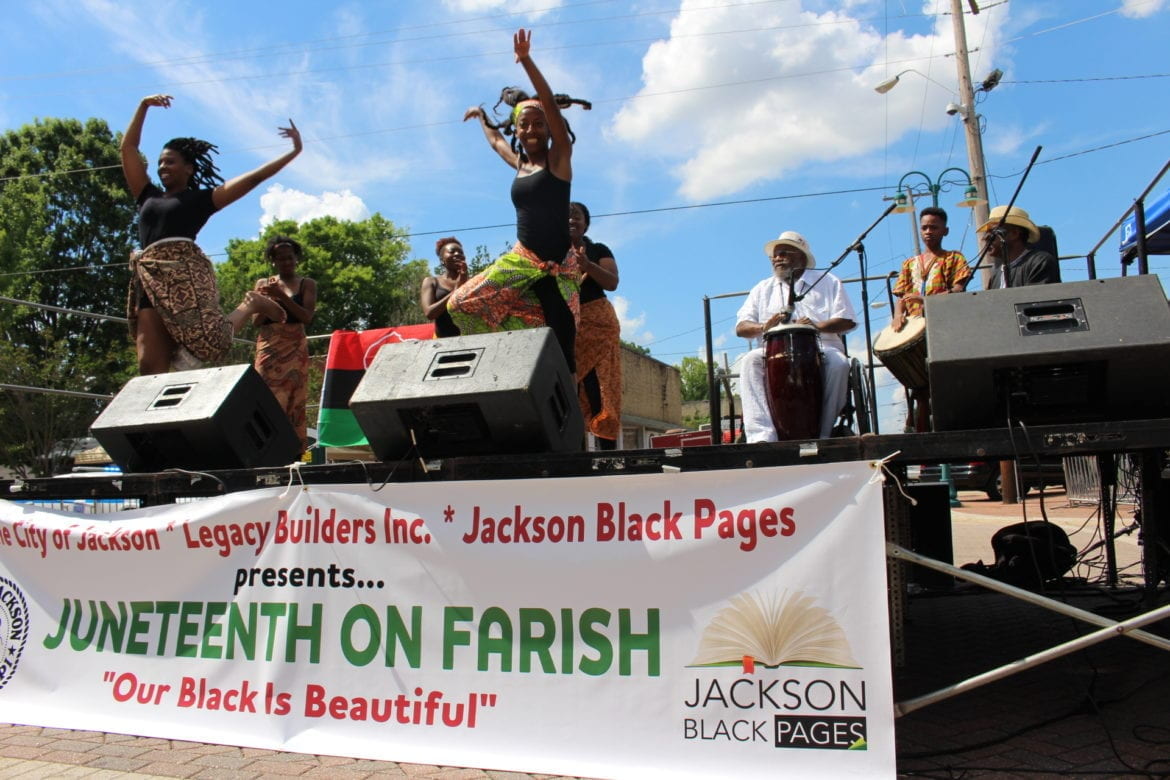
There are many ways to celebrate Juneteenth. Many cities hold parades and festivals, with local black-owned businesses and food trucks as vendors for the event. These events might include prominent guest speakers and workshops on various topics each year, based on the community’s needs and wants. Others celebrate the holiday by holding potlucks, family gatherings, and backyard barbecues for a more intimate celebration with family and friends. If you want to celebrate Juneteenth but are not comfortable engaging in community activities, there are many things you can do in the comforts of your home, or with friends and family members as well to honor this day. For one, you could learn about the history of Juneteenth. If you are reading this article, then good job, you are already celebrating it!
You can educate yourself about the history of slavery, the Civil War, the Emancipation Proclamation, the Thirteenth Amendment, and any other topic that you might not be too sure about as it pertains to Juneteenth and why it is important to celebrate it. You can do this by going to a museum near you, like the Legacy Museum in Huntsville, which is a great historical walkthrough from the times of slavery to mass incarceration today, or the Birmingham Civil Rights Institute, which focuses on a detailed history of the Civil Rights movement that took place in the heart of Birmingham. You can watch a documentary about these topics, including “The 13th” on Netflix, which takes a deep dive into the loophole of the Thirteenth Amendment that gave rise to the mass incarceration crisis we face today. You can listen to a podcast, like “Deliberate Indifference“, a podcast by Mary Scott Hodgins that focuses on the local Birmingham history of policing and provides details about convict leasing practices in Alabama. You could read literature written by Black authors, whether they be informational, like “Medical Apartheid” by Harriet A. Washington, or fictional like the short story, “Recitatif” by Tony Morrison. You could support Black-owned businesses, locally or online, such as buying your books from a Black-owned bookstore or going out to eat at a Black-owned restaurant. You could educate others about the importance of Juneteenth, including your friends, family members, and even co-workers. As an ally, you can maybe pick up a shift for your Black friend who may want to celebrate Juneteenth with their family, or if you are someone in a supervisory position, you could give a Black co-worker the day off to celebrate Juneteenth. Encourage and empower your Black friends, family members, or co-workers, to feel comfortable to share their opinions and voice their concerns. You could even volunteer at any local Juneteenth event to help make the events successful!
Local Juneteenth Celebrations to Attend
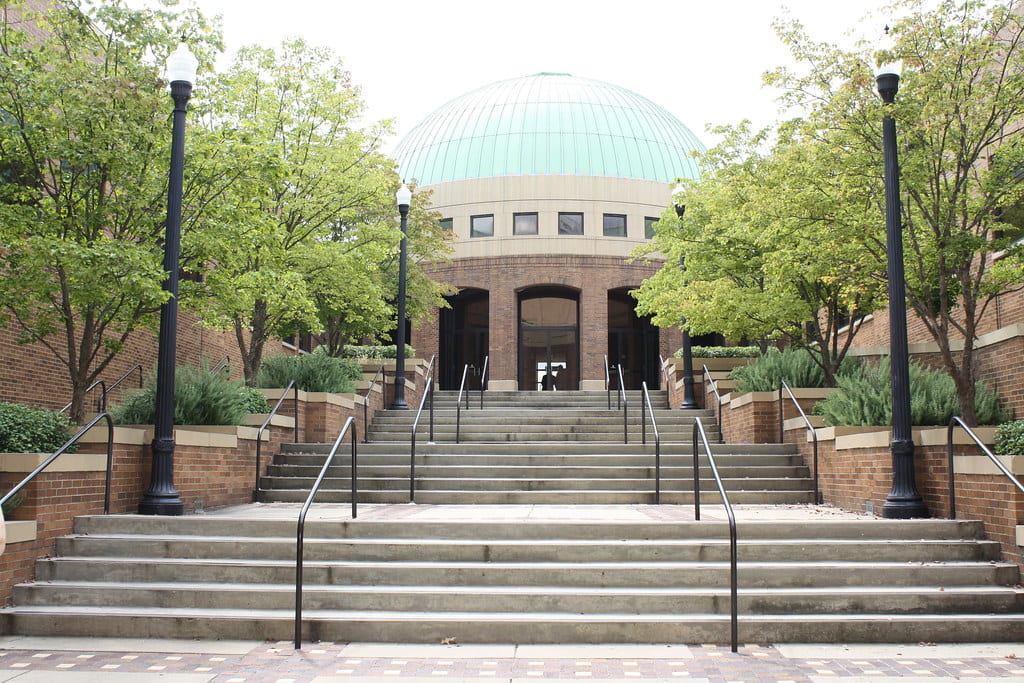
There are many local events that you can attend to celebrate Juneteenth in Birmingham, Alabama. Here are a few that might be of interest:
- Juneteenth: The Cookout, hosted by the Birmingham Civil Rights Institute on June 17, from 10 am-4 pm. There will be food trucks, live entertainment, a children’s village, tournaments, food competitions, genealogy workshops, and even a free tour of the museum!
- Juneteenth Social is hosted by the UAB Black Alumni network at the Southern Kitchen Roof Top Bar on June 17th from 7 pm to 11 pm. Tickets are $25 each, and the proceeds go to the Kappa Delta Omega Psi Phi memorial scholarship for incoming African American Male students.
- Second Annual Juneteenth Freedom Celebration, hosted by The Lifting As We Climb Foundation on June 18th, from 2 pm-9 pm at the Arlington Historic House in Birmingham. There will be food, fun, education, entertainment, and fireworks, and the tickets start at $20 for early bird tickets and $25 for general admissions. Bring small tents and lawn chairs, and be ready to eat from the food trucks on site.
- Juneteenth in the Magic City 2023, hosted by Simone’s Kitchen ATL, on June 18, from 4 pm-10 pm at the Club M Compound. There will be food trucks, vendors, live bands, fireworks, African dances, and various other entertainment. Tickets start at $15 for Early Bird tickets and $20 for general admissions.
- Juneteenth Pop Up Art Exhibit, hosted by Studio 2500 on June 16, at 6 pm for all the artistic, creative folks. Admissions start at $10 per person, children under 13 are free, and tickets can be purchased online at their website. They will have food, music, and an open mic, so bring lawn chairs and your own beverages, and take in the creations of our fellow Birmingham local artists and performers.
- Juneteenth Open Mic is a virtual event being held on June 19th to highlight musicians, poets, hip-hop artists, and other Black artists who would like to participate. If you are a local artist and you would like to increase your followers, this is the event for you. If you just want to show up virtually to support local artists, you can do that to buy going to their website and purchasing tickets to vote. Tickets start at $10, whether you are performing, a part of the audience, or even a vendor. Again, this is a virtual event, so all you need is your laptop and internet!
However you choose to spend the day, make sure to be conscious of what Juneteenth represents to you and to those around you, and together we can actively, and intentionally work to make our world a better place for future generations!










